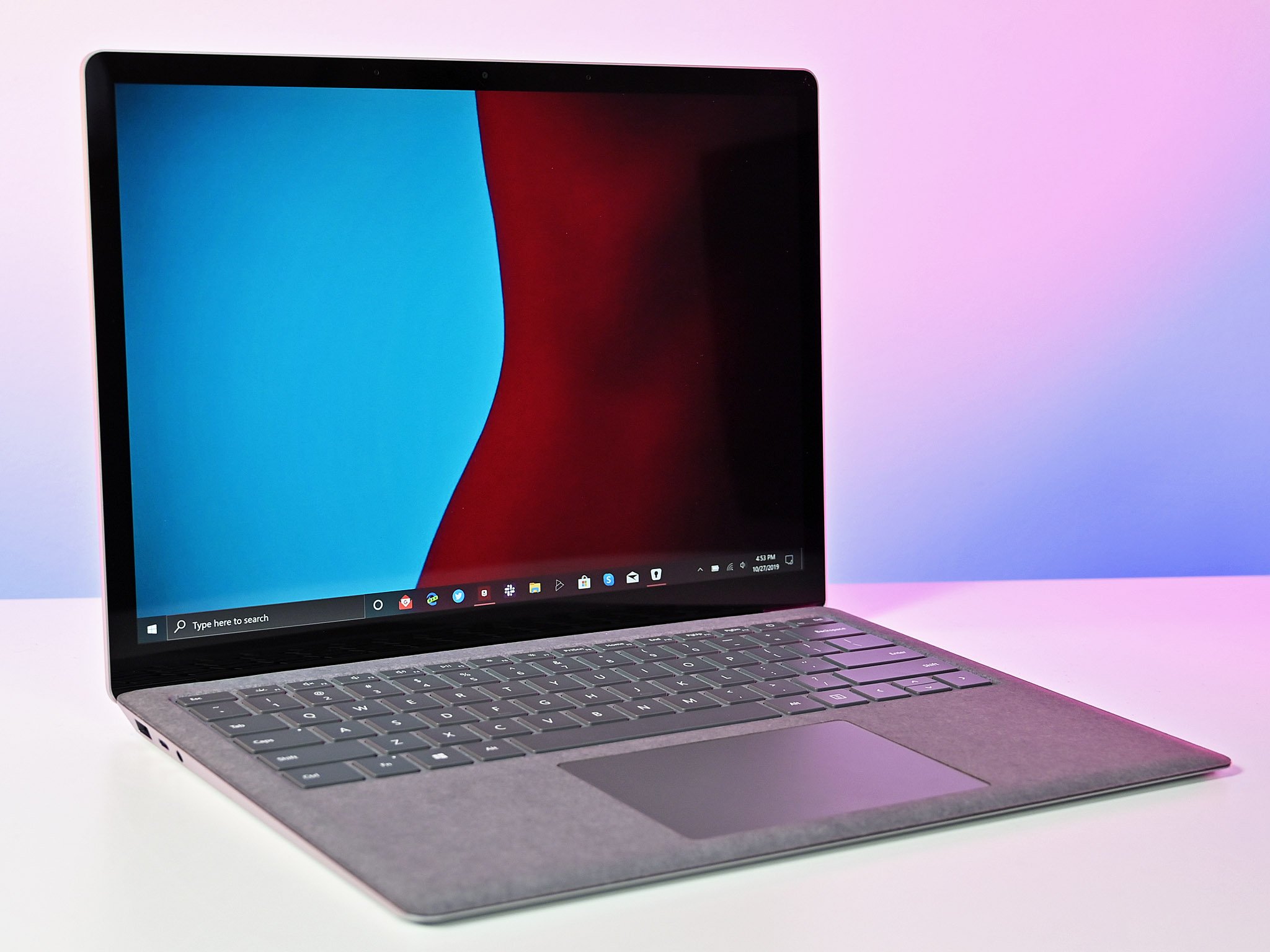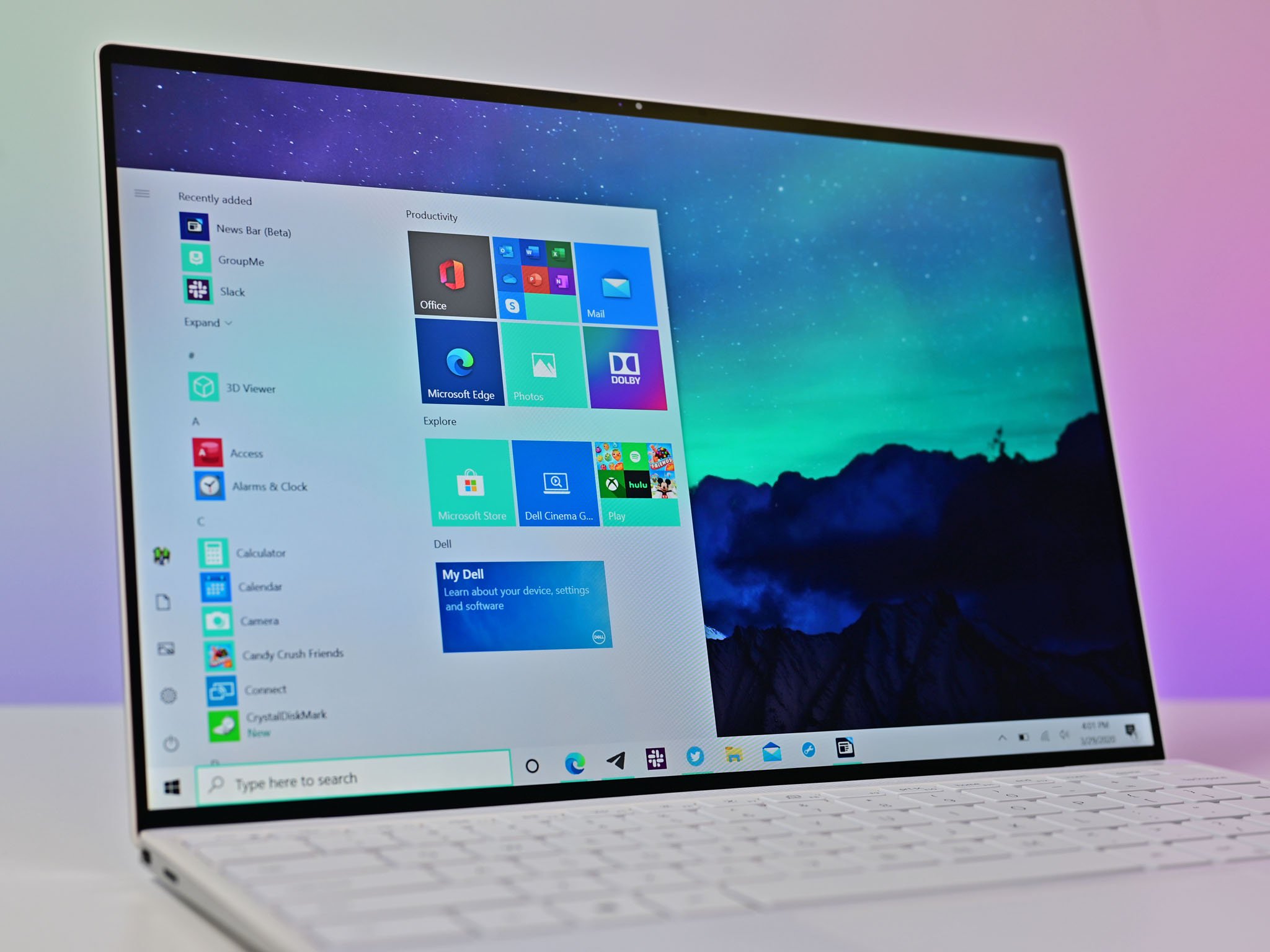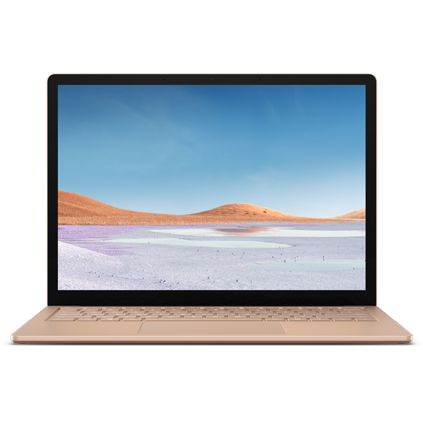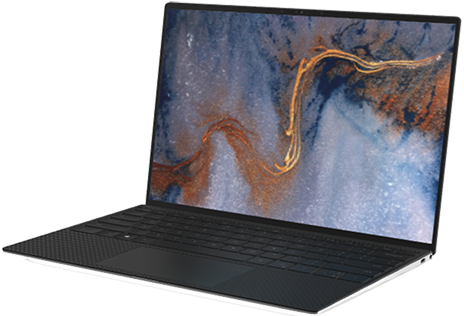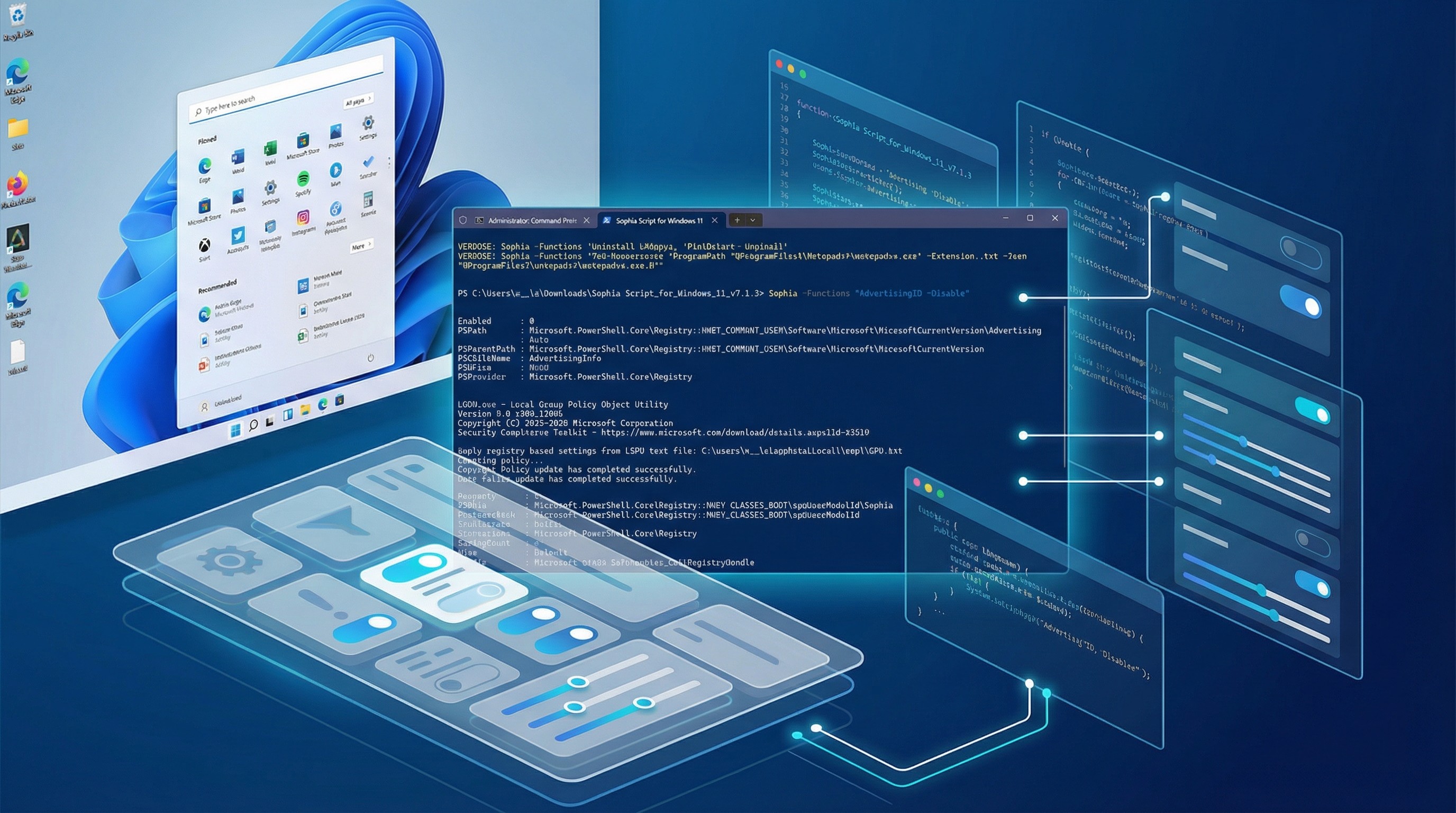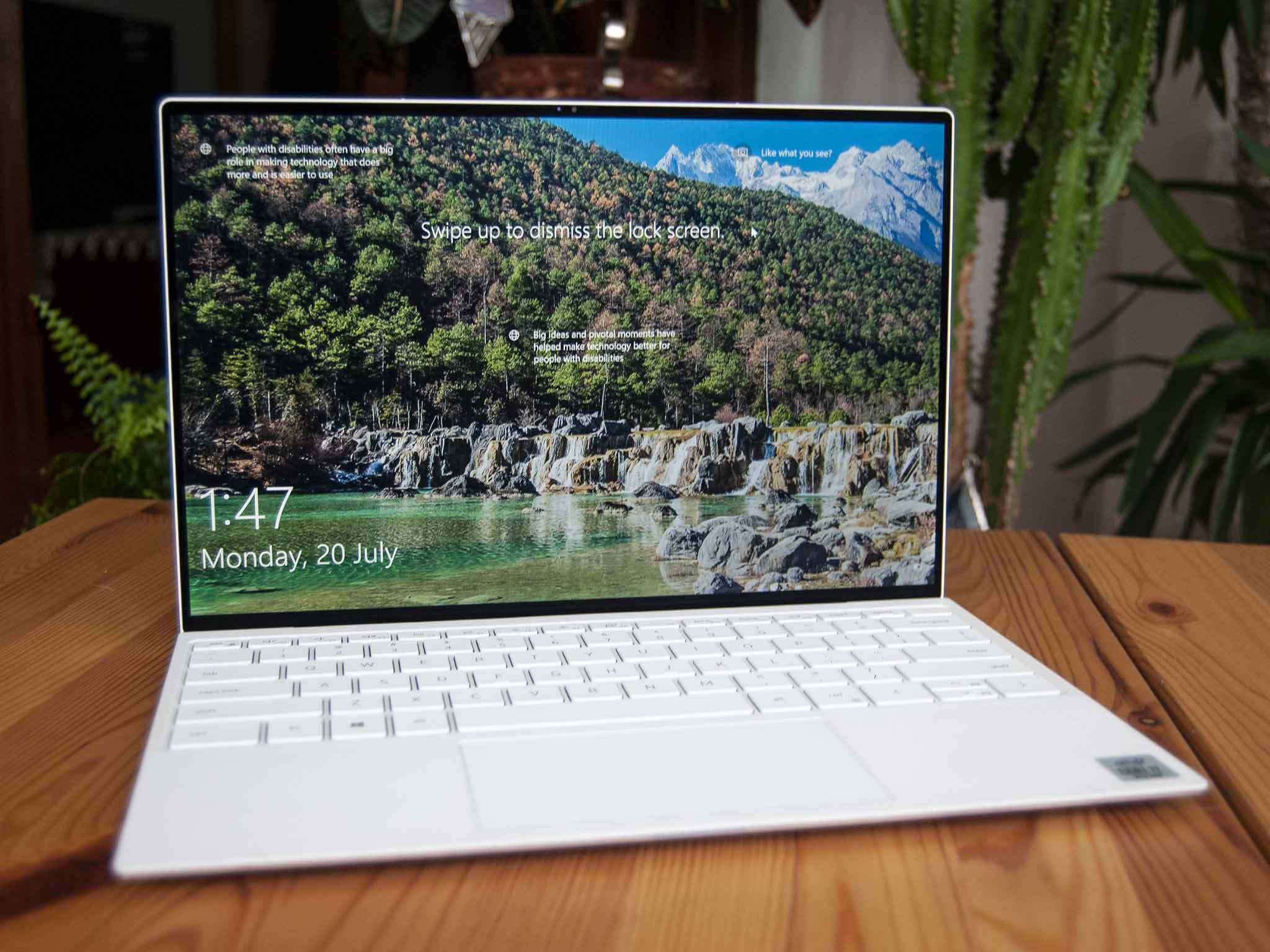
All the latest news, reviews, and guides for Windows and Xbox diehards.
You are now subscribed
Your newsletter sign-up was successful
Should parents pay for an extended warranty for their student's laptop?
Know how your student uses their laptop
Thousands of students head back to college every year, and even though your student — with an able laptop in hand — is responsible, lecture halls, dorms, labs, and libraries are bustling with people. Anyone can walk by and bump a laptop off a table, spill coffee on a keyboard, or step where they shouldn't when a backpack is being rearranged. Accidents happen, and even if your student is not one to abuse their tech devices, damage to a laptop can occur.
Accidents are made more common due to the frequency of use. A laptop is usually hauled to each lecture, each lab, and each study session, then back home or to a dorm for hours of work in the evening. While a lot of laptops will see no more than a few hours of use in a day, your student's laptop might not have a cooldown for days, especially during exams and other crunch times.
Laptops are designed to put up with this type of use, but that doesn't mean something can't fail. A battery might degrade to the point where it needs to be plugged in almost always, ports might stop working due to frequent use, or a display might collect some dead pixels. While you can still generally use a laptop should these problems creep in, you probably want the least amount of distractions for your student.
Like with all insurance, there's the risk of paying for something you don't use. However, not having to worry about these problems thanks to an extended warranty could make a big difference, and you could ultimately save a lot of money if you do go with extra protection and something fails after the basic warranty has run out.
Check what's included in the basic and extended warranties
Using Microsoft's excellent Surface Laptop 3 as an example, new purchases come with a one-year limited hardware warranty and 90 days of technical support. There's also a 60-day return window if you don't like the device, as well as a 60-day price-match guarantee.
The one-year standard warranty only deals with hardware defects (internal components, display, touchpad, etc.) and will not provide any help for accidental damage. As for the 90 days of tech support, it's basically there to help get Windows 10 and its apps set up properly.
An extended warranty, which is called Microsoft Complete, can be added at the time of purchase or within 45 days of the purchase. It can be had for up to two years and will cover your student's laptop for any accidental damage including drops, spilled liquids, or broken screens. For its duration, you'll also have the standard hardware defect coverage that is normally only in place for the first year.
All the latest news, reviews, and guides for Windows and Xbox diehards.
For another example we will use the Spectre x360 13t convertible that we recommend for students and that's our top overall pick for best Windows laptop. HP offers a standard one-year limited warranty with new purchases, as well as 90 days of tech support to help get everything set up.
There are also plenty of other warranty plans you can choose from, including an extension of the original plan for two or three years, as well two- and three-year extended plans with accidental damage and theft coverage.
The best package, at least for accident-prone students, is likely the three-year coverage with accidental damage and theft protection. It includes pickup, repair, and return of a damaged laptop, and it covers spills, surges, drops, and the standard hardware failure coverage. That's a solid deal, especially because it costs far less than the price of a new laptop. And in the event of theft, HP will lock and track the laptop.
Finally, Dell's XPS 13 9300 has some impressive warranty options. You can opt for a monthly subscription to Premium Support Plus, which covers on-site repairs for hardware or accidents as well as technical support, or you can go with up to four years of coverage for one flat rate.
Then there's the Accidental Damage Service, which handles electrical surges and screen issues, spills, and drops and falls. Coverage can be purchased for up to four years for a quite reasonable price. If your student is accident prone, it's no doubt an invaluable purchase.
Is it worth the extra money?
It's clear from these examples that extended warranties are not all the same. In general, the cost is far less than an entirely new device should catastrophic damage occur, but the length and breadth of coverage is something to which you need to pay attention.
The most stylish laptop out there might not be a great match for your particular student because of warranty coverage, or you may choose to forego an extended warranty and hope for the best. No matter what laptop you buy, always be sure to read fully what is offered in the basic and extended packages. In most cases, an extended warranty for a laptop that will be subjected to life at school is a great idea.

Cale Hunt brings to Windows Central more than nine years of experience writing about laptops, PCs, accessories, games, and beyond. If it runs Windows or in some way complements the hardware, there’s a good chance he knows about it, has written about it, or is already busy testing it.

